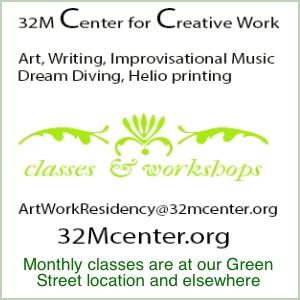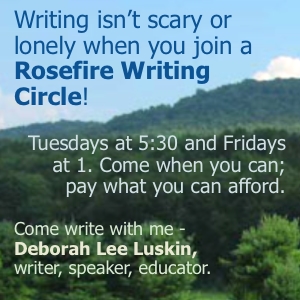This question is being explored in an event taking place on Wednesday, April 29 at 7 p.m. at the Brooks Memorial Library as a part of the Compassionate Brattleboro discussion series.
If we look closely at the words we are bringing together within the title of this discussion, compassion has its Latin roots com- together with + pati to suffer which means suffering together. A poet, according to the Oxford English Dictionary, a poet is: “writer of verse distinguished by particular insight, inspiration, or sensibility, or by remarkable powers of imagination, creativity, or expression…” There are many key words, one of them being sensibility from sensibili or the French etymology, both linking to the senses and feeling.
Arguably, writers, artists of other mediums, and poets are conduits. They channel. They bridge to the forgotten, place us in the now, or time travel us to the future. We have many historic examples of this. From Emma Lazarus’s poem, “The New Colossus,” within the context of America needing to situate itself as having open arms to many coming from different cultures and backgrounds to the work of Ntozake Shange—For Colored Girls Who Have Considered Suicide / When the Rainbow Is Enuf—premiered in 1976. Shange’s work attempts to bring audiences inside of the experiences and the varying challenges of being an African-American Woman in the U.S. through the layers of her choreopoem.
There is the cliché of walking in someone’s shoes but poetry and other forms of literature might be the closest we can come to gaining access to the interior of another’s lived experience. Words and language are the tools of the poet’s craft that can invoke many emotions and possibilities. Language, much like food, or anything else that can easily get inside of us, are possible bridges toward compassion.
This event that is taking place on Wednesday, April 29 will be exploring the ways that language, words, and poetry are possible bridges toward compassion in the words and experiences of the panelists. We will explore the implications of how poetry or words can possible achieve this. What does it like in practice? Are there ways to further advance how words, especially within our digital age, can become our possible balm? Come find out!
*Most of what is in this post is also the description provided for the event referenced.*








